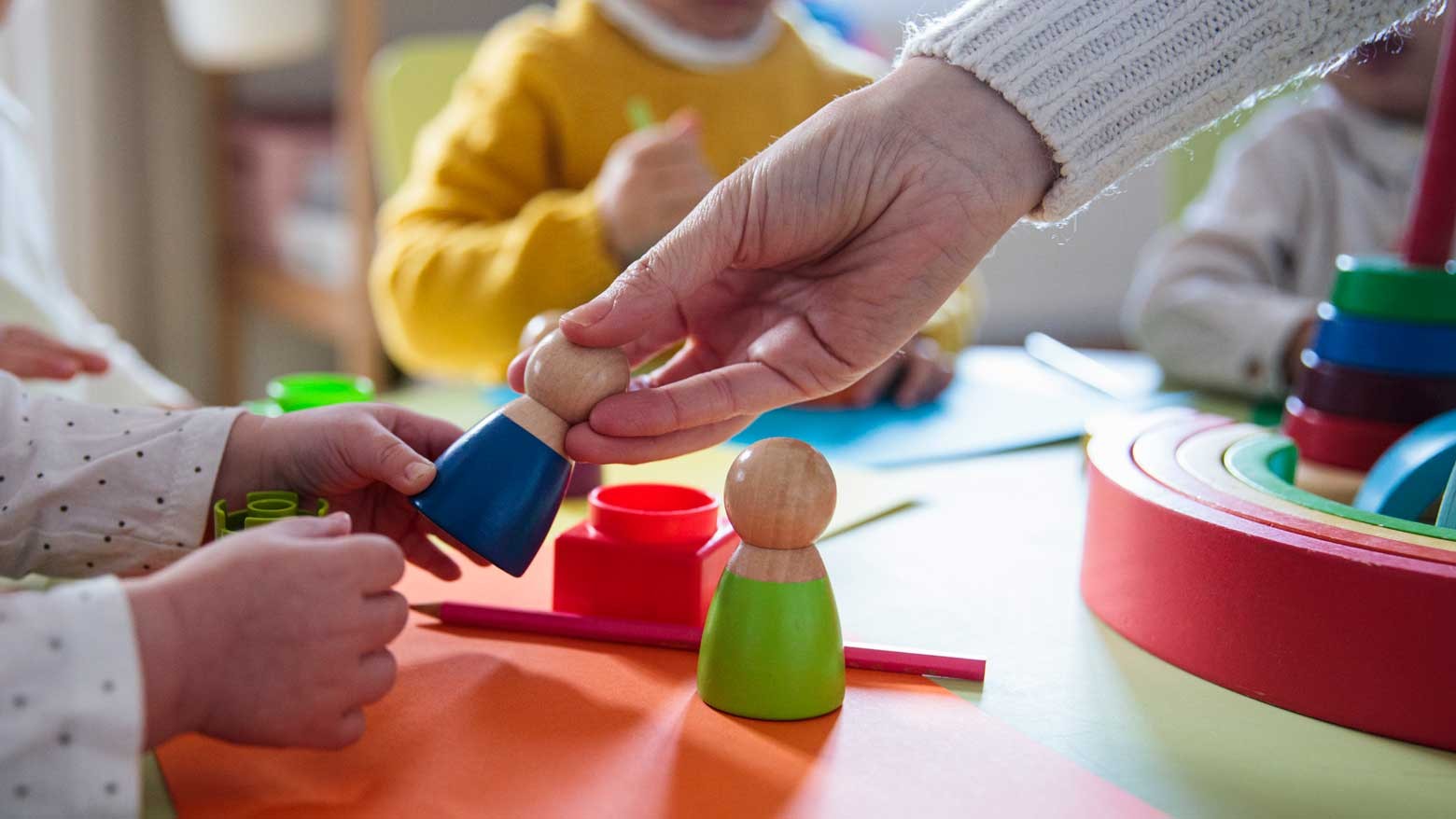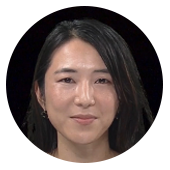Police arrested the three female staff on December 4. The women worked at a nursery school in Susono City, Shizuoka Prefecture, where between June and August they allegedly held toddlers upside down hit their heads, and even threatened them with knives.
Investigations into similar allegations are ongoing at two other children's facilities.
In Toyama City, central Japan, two female workers in their 20s are suspected of assaulting children at a care center by dragging them and poking them with a stick, among other acts.
And in the northeastern city of Sendai, staff at a daycare center are accused of forcing children to eat in nothing but their underwear.
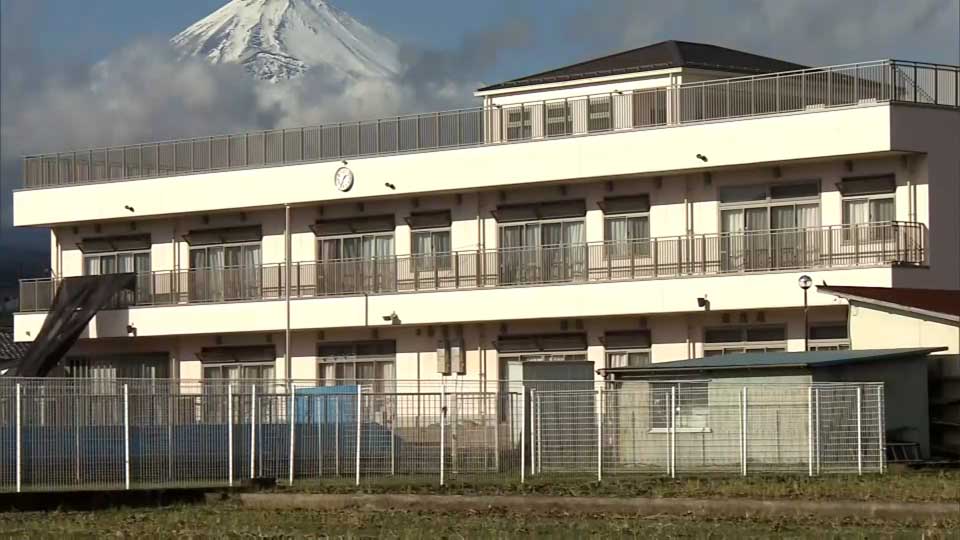
Confronting teachers is taboo
A welfare ministry survey found there were 345 cases of abuse at children's care facilities in fiscal 2019.
The former head of a daycare center in the Kanto region suggests the problem may be even greater than the official figures suggest.
"The cases that surface are just a fraction of the total. In fact, something close to abuse took place at my facility too," says Yamada Hanako (not her real name).
When asked what "close to abuse" meant, Yamada said a number of teachers would punish children by banishing them to the corridor, or even deliberately making them cry.
She went on to say that she would sometimes ask the teachers to stop. But at the same time, she admitted feeling reluctant to interfere, despite her seniority and experience.
"I would feel something isn't right, and felt sorry for the children. But it has long been taboo for a teacher to confront another teacher. And that made it hard to put my foot down."
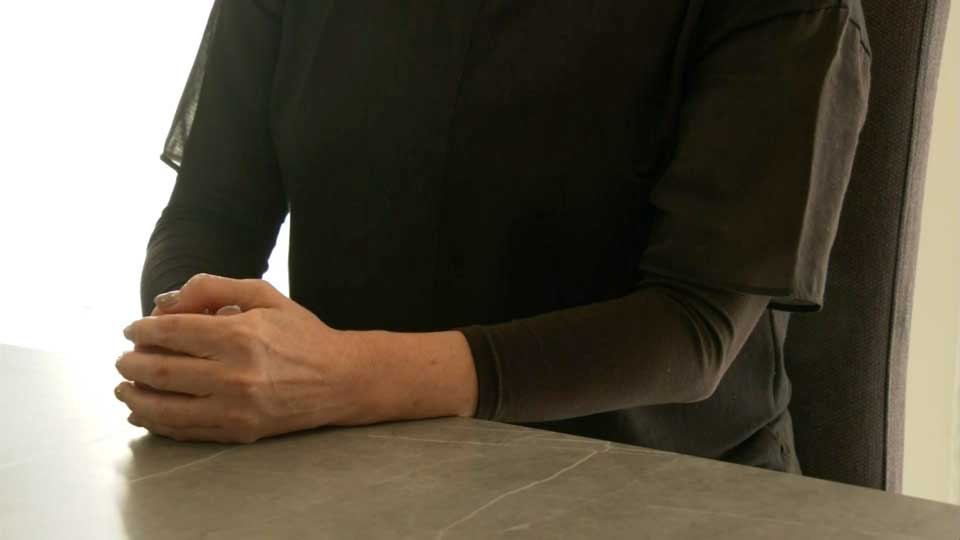
A similar environment appears to have manifested at the nursery school in Susono. City officials released documents from the facility suggesting other staff witnessed or heard about the abuse, but turned a blind eye.
'Too many kids per teacher'
Experts are also sounding the alarm on severe working conditions.
In Japan, the number of children under the care of a single nursery school teacher is legally determined by age. Typically, that means a maximum of three kids under the age of one; up to six aged between one and two; and as many as 30 aged four and above.
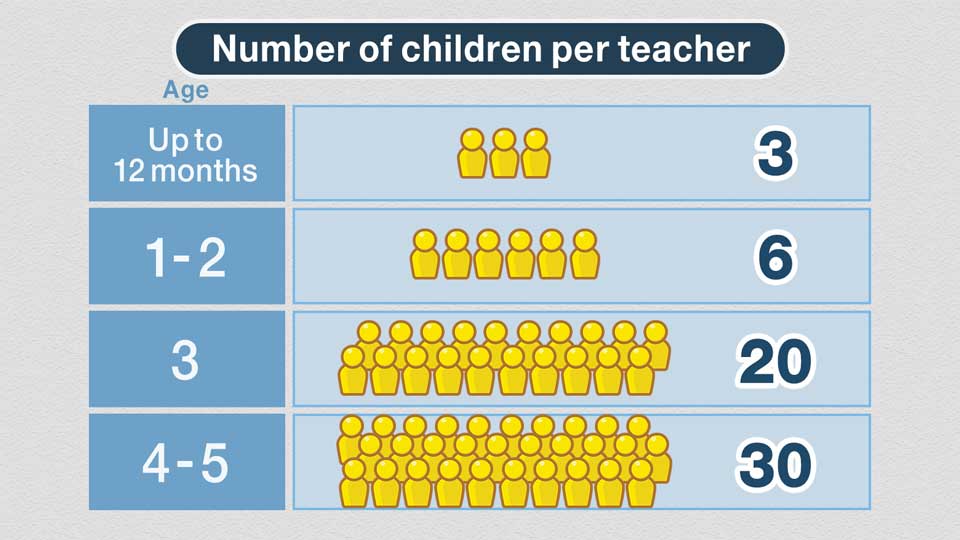
"One teacher needs to care for 20 three-year-olds, but there should be two or three adults," says Murayama Yuichi, who heads Hoiku Kenkyusho, a child care research institute.
"The abuses in Susono could take place elsewhere, and so the government should fully address the problem by improving the working environment," he says.
Industry woefully understaffed
But securing more workers will not be easy. Japan suffers from a chronic labor shortage, and the problem is especially pronounced in the childcare industry. There are almost two job openings per job seeker -- much higher than other sectors.
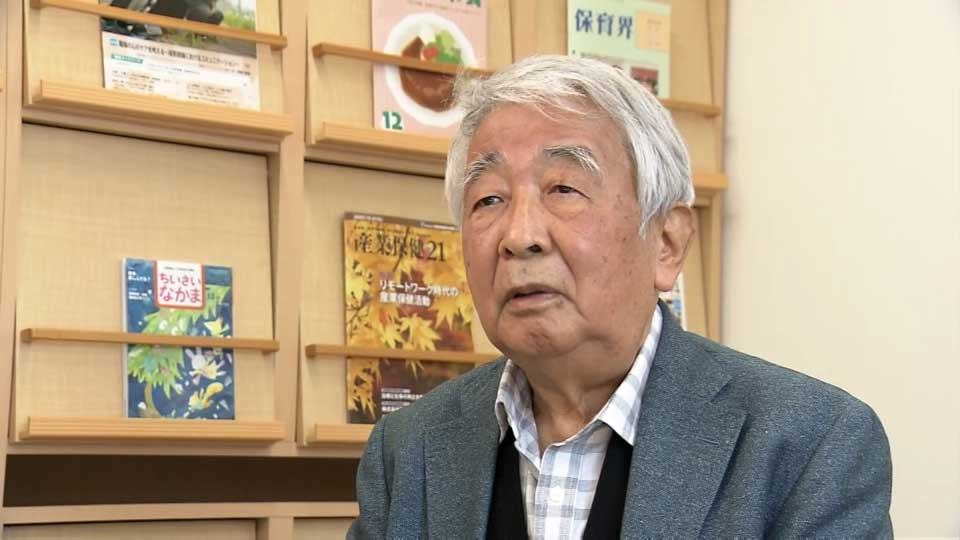
The government plans to carry out another survey to shed more light on the scale of the abuse. In the meantime, parents and industry professionals are growing more concerned.
"Nursery school teachers often have to work overtime due to staff shortages," says the former daycare center head Yamada. "And it's likely that some take their frustrations out on the children.
